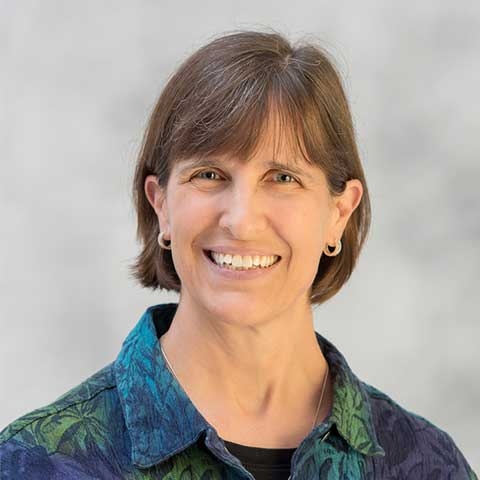Dr. Kym Boyman, M.D., FACOG | Gynecology
Physician WebsiteDr. Kym Boyman, M.D., FACOG
About
Dr. Boyman is a Board-Certified Obstetrician/Gynecologist specializing in Minimally Invasive Gynecology Surgery. Dr Boyman provides full spectrum gynecologic care for patients of all ages. Her areas of special interest and expertise include: minimally invasive gynecologic surgery, including laparoscopic and da Vinci robotic-assisted hysterectomies and other advanced surgeries; the medical and surgical management of complex gynecological problems, including menstrual problems, fibroids, endometriosis, ovarian cysts, abnormal Pap smears, vulvovaginal problems, menopause issues, and other Gyn concerns; routine and problem gynecologic care for our LGBTQ+ community, including hormonal and surgical care for transgender patients; and in-office ultrasound, sonohysterograms, colposcopy, LEEP, endometrial biopsies, hysteroscopies, and other procedures. She values the diversity of her patients and the varied scope of her practice, and wouldn’t want to do anything else.
Dr. Boyman received her undergraduate degree from Stanford University and attended medical school at the University of Vermont (UVM) College of Medicine. She completed her residency training in Ob/Gyn at UVM / Fletcher Allen Health Care in 2003. She is a Clinical Assistant Professor at the UVM College of Medicine, where she has received awards for teaching and for humanism in medicine.
Dr. Boyman is board certified in Ob/Gyn; has postgraduate training in minimally invasive surgical techniques; and is a member of the American College of Obstetricians and Gynecologists (ACOG), the American Association of Gynecologic Laparoscopists (AAGL), and the American Society of Colposcopy and Cervical Pathology (ASCCP).
Credentials
University of Vermont College of Medicine, Doctor of Medicine, 1999
University of Vermont Medical Center, Obstetrics and Gynecology, Residency, 2003
Hospital Privileges
University of Vermont Medical Center
Common Procedures
Laparoscopy, Hysteroscopy, Dilation and Curettage (D and C), Pelvic Prolapse, and Bladder Sling
Laparoscopy is a minimally-invasive procedure performed in the abdomen and pelvis through small incisions with the aid of a camera. Laparoscopic procedures improve the health of a patient by diagnosing and treating gynecological disorders. Treatment procedures may include removal of abnormal tissue, lesions, or dissolving tissue adhesions.
Hysteroscopy is a procedure that improves health by diagnosing and treating problems of the uterus inwomen of all ages. Hysteroscopy is performed using a thin tube that is inserted into the vagina to examine the cervix and inside of the uterus. This minimally invasive procedure allows the surgeon to simultaneously diagnose and treat issues such as uterine disorders, including abnormal bleeding, fibroids, polyps and potentially cancer.
Hysteroscopy is a procedure that improves health by diagnosing and treating problems of the uterus inwomen of all ages. Hysteroscopy is performed using a thin tube that is inserted into the vagina to examine the cervix and inside of the uterus. This minimally invasive procedure allows the surgeon to simultaneously diagnose and treat issues such as uterine disorders, including abnormal bleeding, fibroids, polyps and potentially cancer.
Dilation and Curettage is a procedure performed to remove tissue from inside of the uterus to provide samples for diagnosing or treating some uterine conditions including heavy vaginal bleeding, post-menopausal bleeding, and hyperplasia.
Pelvic Prolapse is a procedure that improves health of the patient by reinforcing weakened walls of the bladder and vagina to improve vaginal bulging, prolapse, and bladder function.
A Bladder Sling is a surgically implanted mesh or human tissue that supports the bladder and vaginal wall. A Bladder Sling improves the health of the patient by relieving symptoms of urinary stress incontinence.
